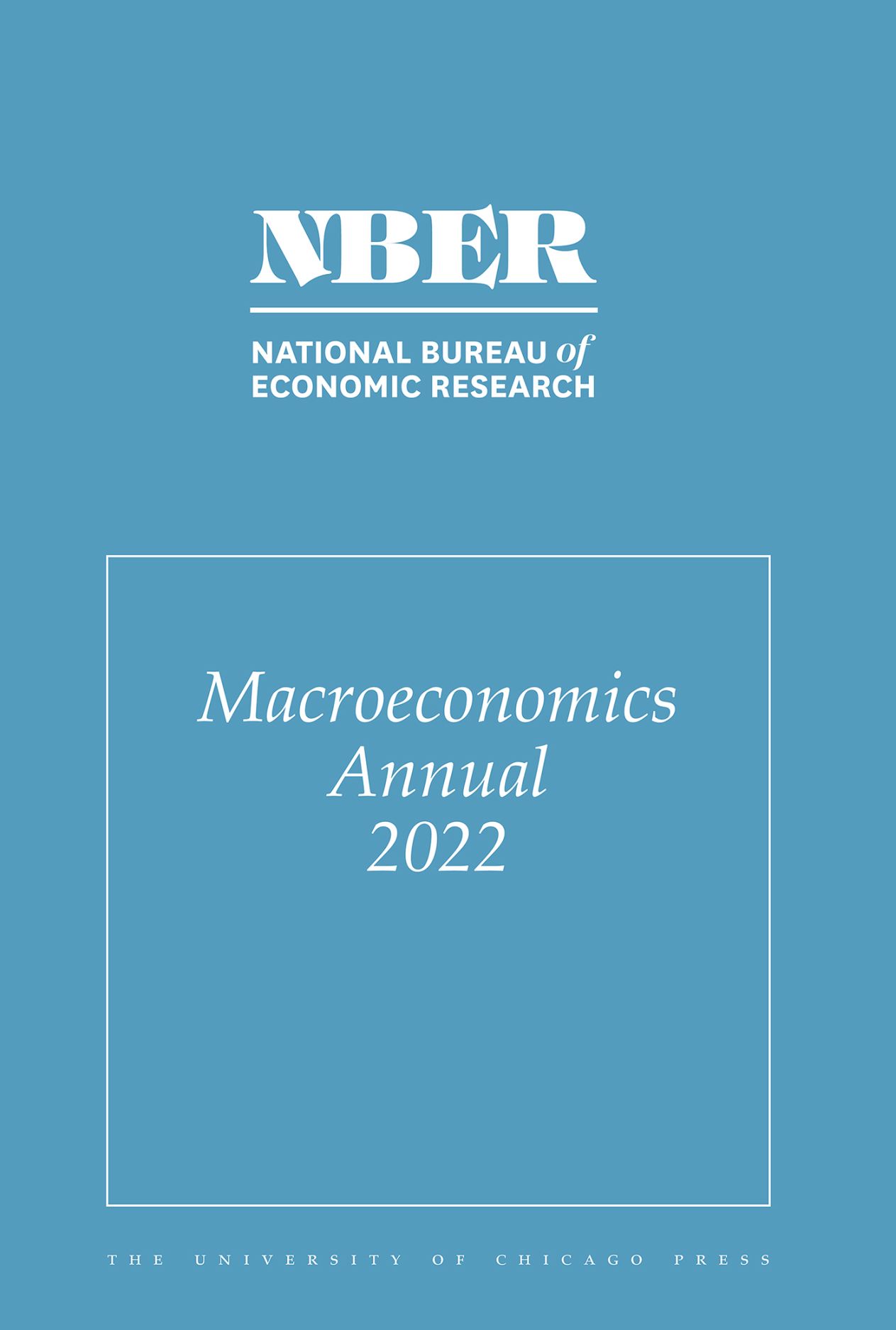讨论
IF 10.7
1区 经济学
Q1 ECONOMICS
引用次数: 0
摘要
史蒂文·戴维斯(Steven Davis)在讨论一开始就提出了这样一个问题:“宅邸”还是“宅邸”对社会的危害更大?他列举了一些为什么失业更有害的原因,包括女性更有可能成为第二收入者,女性有更好的时间选择(即,将花费更少的非工作时间用于睡眠或休闲活动),男性失业的心理成本更大,男性失业与犯罪增加、吸毒/酗酒以及对配偶/孩子的身体虐待更多相关。作者回应说,他们并不是在说明哪个更糟糕,而是认为男性和女性对失业的反应是不同的,这具有宏观经济意义。例如,劳动力供给灵活性的差异会产生总体影响。如果第二经济来源(一般来说更可能是女性)失去了工作,那么主要经济来源(一般来说是男性)就没有调整的余地,因为他们已经有了全职工作。相反,如果一个初级收入者失去了工作,第二个收入者有调整和更多工作的余地。Martin Eichenbaum接着进行了讨论,询问男性和女性敏感度之间的差异是否应该被解释为市场失灵,以及这种模式是否说明了效率。作者回答说,他们不认为这表明任何根本的低效率,但联合劳动力供给与政策的相互作用肯定会产生一些低效率。例如,税收、失业救济和退休津贴如何对待第二收入者和主要收入者,可能会以一种造成效率低下的方式与联合劳动力供给决策相互作用。本文章由计算机程序翻译,如有差异,请以英文原文为准。
Discussion
Steven Davis opened the discussion by questioning whether mancessions or shecessions are more socially harmful. He listed some reasons why mancessionsmaybemore harmful, including thatwomen aremore likely to be secondary earners, women have better alternative uses of time (i.e., will spend less nonwork time pursuing sleep or leisure activities), there is a larger psychic cost of male joblessness, andmale joblessness is more associated with increased crime, drug/alcohol use, and physical abuse of spouses/children. The authors responded by saying they are not making a statement on which is worse, but rather they argued that the responses of men and women to job loss are distinct, and this has macroeconomic implications. For example, differences in labor supply flexibility can have aggregate impacts. If a secondary earner (which on average ismore likely to be a woman) loses their job, the primary earner (on average the man) has nomargin for adjustment because they are alreadyworking full-time. In contrast, if a primary earner loses their job, the secondary earner has a margin to adjust and work more. Martin Eichenbaum then followed up this discussion, to ask whether the difference between male and female sensitivity should be interpreted as a market failure, and whether this pattern says anything about efficiency. The authors responded that they do not think this points to any fundamental inefficiency, but the interaction of joint labor supply with policy can certainly create some. For instance, how taxation, unemployment benefits, and retirement entitlements treat secondary versus primary earners could interact with joint labor supply decisions in a way that creates inefficiency.
求助全文
通过发布文献求助,成功后即可免费获取论文全文。
去求助
来源期刊

Nber Macroeconomics Annual
ECONOMICS-
CiteScore
5.10
自引率
0.00%
发文量
23
期刊介绍:
The Nber Macroeconomics Annual provides a forum for important debates in contemporary macroeconomics and major developments in the theory of macroeconomic analysis and policy that include leading economists from a variety of fields.
 求助内容:
求助内容: 应助结果提醒方式:
应助结果提醒方式:


